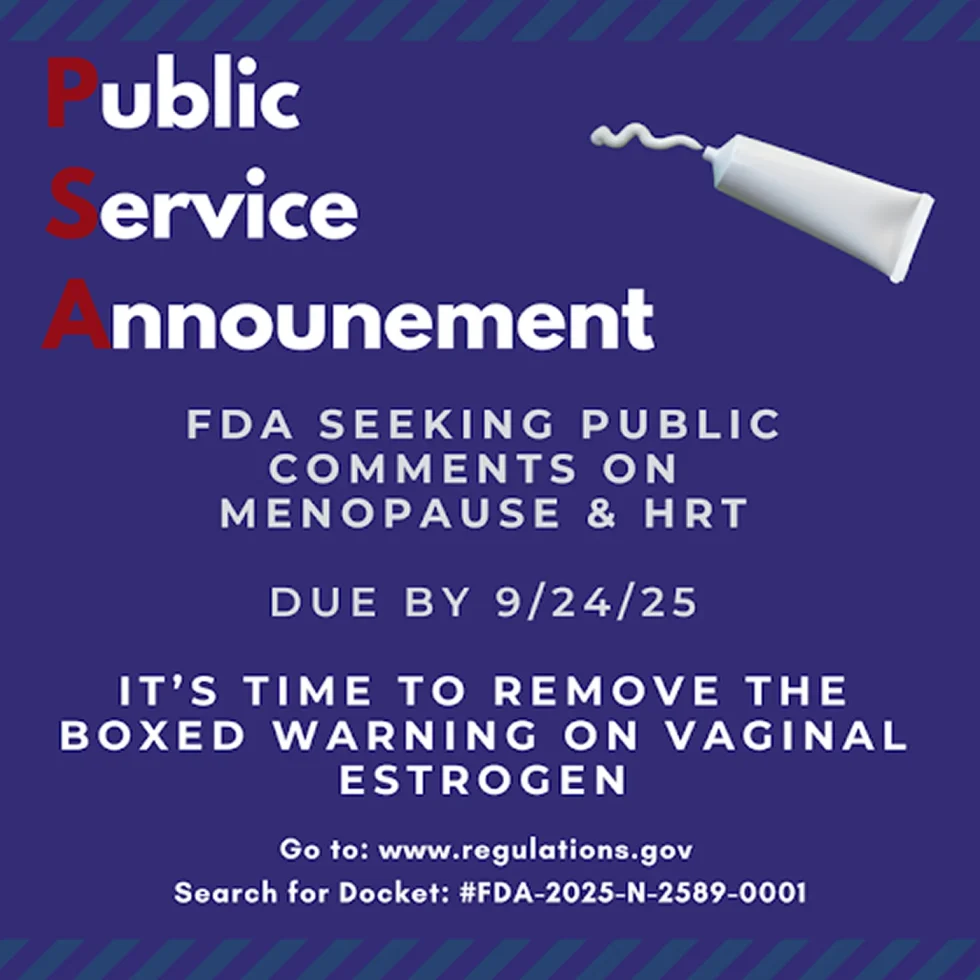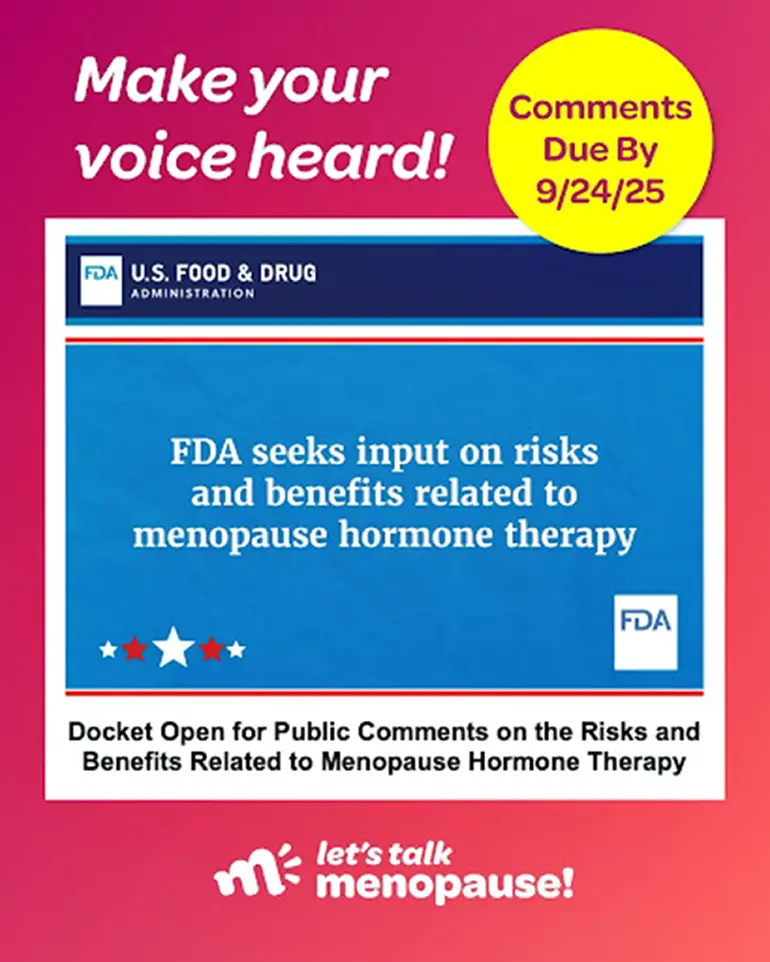Table of Contents
-
.
-
.
-
.
-
.
-
.
-
.
-
.
-
.
-
.
When Should I See a Pelvic Floor Physical and Occupational Therapists?
-
.
My name is Stephanie Prendergast. I am a pelvic floor physical therapist, co-founder of the Pelvic Health and Rehabilitation Center, past-President of the International Pelvic Pain Society, and faculty for the International Society for the Study of Women’s Sexual Health. Over the course of my career I have cared for thousands of women and educated countless medical providers. I am also in perimenopause myself, and a daughter, niece, and friend to many women who have faced these challenges.
In our clinics, we treat women suffering from vaginal dryness, dyspareunia, bladder irritation, and recurrent urinary and vaginal infections—conditions that frequently overlap with pelvic floor dysfunction. Physical and occupational pelvic health therapists are trained to differentiate musculoskeletal causes from hormonal deficiencies, but our ability to help patients is undermined when safe, effective treatment—vaginal estrogen—is stigmatized by inaccurate labeling.
The current FDA labeling creates fear and confusion. Patients read warnings that contradict decades of clinical evidence, and physicians—many of whom already lack training in menopause care—often tell women that vaginal estrogen causes cancer or other health problems. This is simply not true. Yet the weight of FDA labeling and a physician’s authority outweighs the reassurance of any physical or occupational therapist, no matter how experienced. This labeling is harming women’s health and must be corrected.
I also write to you as a daughter. Several years ago, my mother developed severe symptoms that were repeatedly misdiagnosed or worse, undiagnosed all together. It turned out the problem was recurrent urinary tract infections. She was treated with rounds of antibiotics that destroyed her gut, caused weight loss, and left her debilitated. Despite seeing gynecologists, urologists, and primary care physicians, she was never offered hormonal therapy. At age 70, after months of suffering, she finally received vaginal estrogen under my advocacy. Within one month, her symptoms resolved. She has thrived ever since—yet even now, she faces ongoing barriers: physicians unwilling to prescribe it, pharmacies accusing her of “overuse,” and the stress of navigating a system shaped by misinformation. If I had not been able to advocate for her, I fear her decline would have continued.
My mother’s story is not unique. I see these patterns in my patients daily. Safe, effective, low-dose vaginal estrogen restores health and dignity, yet women are denied it because of misleading FDA labeling.
On behalf of my patients, my profession, and my family, I urge the FDA to correct this error. Accurate labeling will empower women, guide providers, and reduce unnecessary suffering. As healthcare providers, we fight many uphill battles for our patients—please make this one easier.
Everyone deserves pelvic comfort, health, and wellbeing. Please do the right thing and change the label.
Respectfully,
Stephanie Prendergast, PT, MPT

Due 9/24/25 11:59pm EDT
Still time to rally!
It’s super easy
Click → “Comment” → Follow the prompts.



